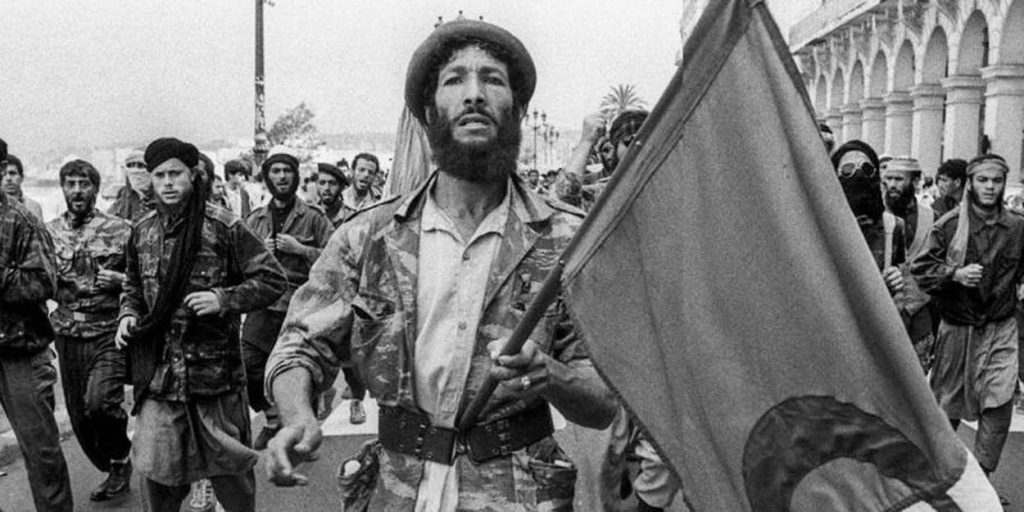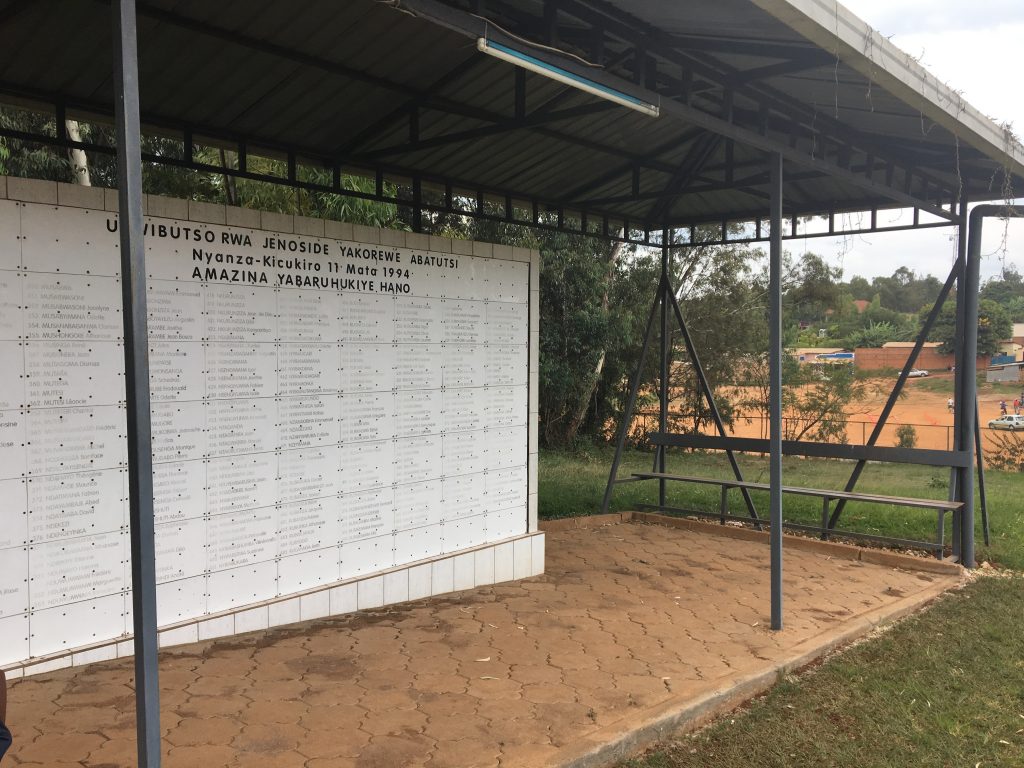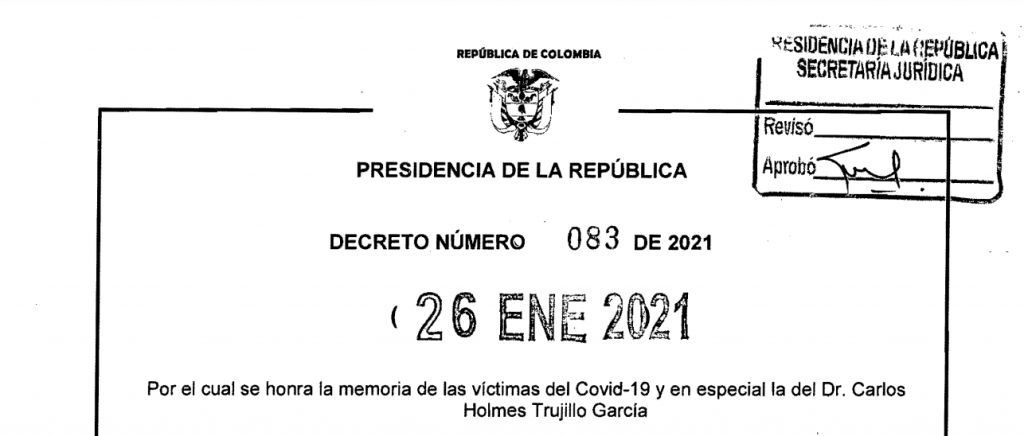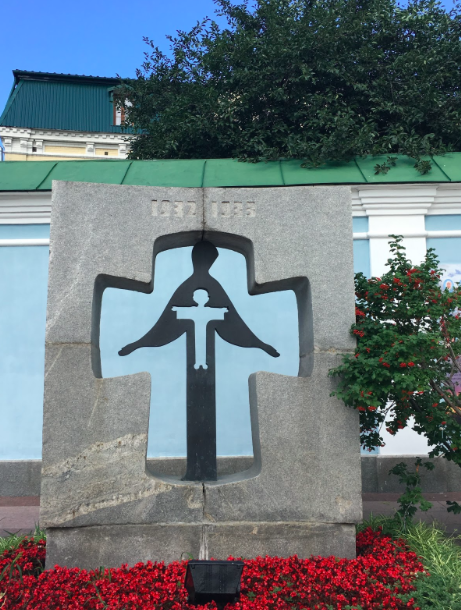The genocide committed against Indigenous groups in America has been described as a topic of the past, however, this is a practice which has not paused since the arrival of the Europeans to this territory which we today call the American continent.
The recent government actions against indigenous populations demonstrate this, as it occurs in countries like Brazil and Colombia. At the same time, people look to claim their rights and resist through a diverse set of strategies that range from direct protest in the streets to the defense of their culture and thought via quotidian acts, pedagogical, and performative acts on Western culture.





